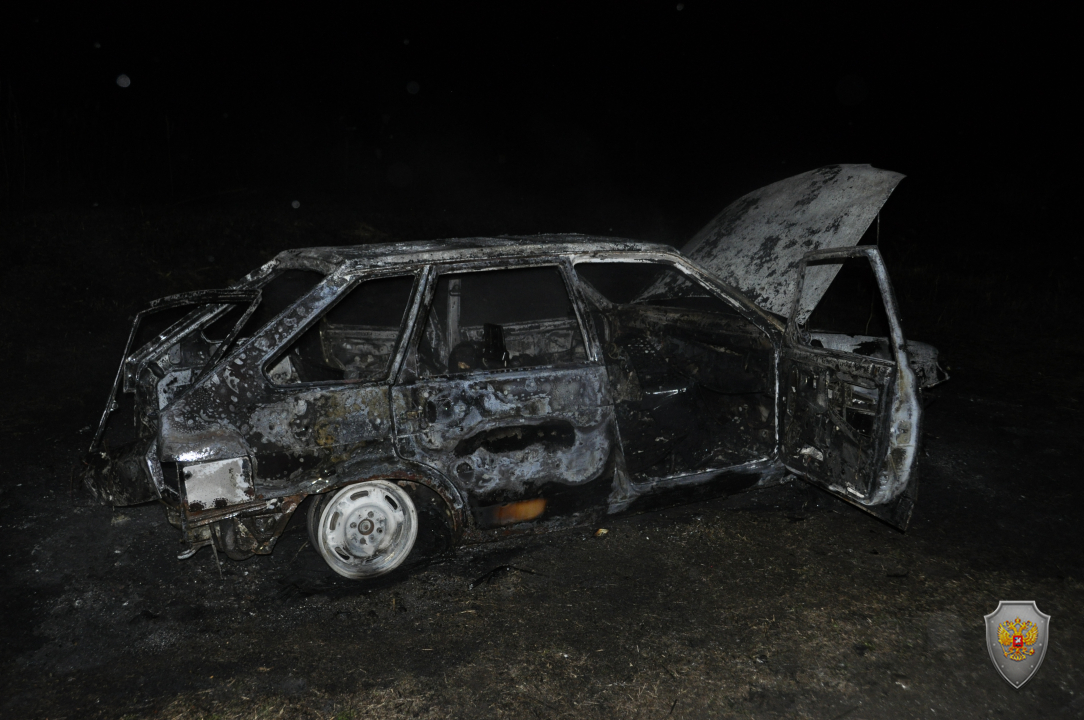
On 2 April, the driver of a car in the Russian Republic of Kabardino-Balkaria opened fire on police officers, before fleeing the scene. No injuries were reported.
The attack occurred in the town of Baksan, in the north of Kabardino-Balkaria, during a document check by police.
According to Region Online, on 3 April, law enforcement officers located the vehicle of the men. They said the two men resisted arrest and were killed by return fire. Officers said they found a hidden underground structure at the residence of one of the deceased, and that experts were investigating the circumstances of the crime.
According to Caucasian Knot, this was the third attack on police in the republic since the beginning of 2019, which have resulted in six deaths.
A terrorist attack in Nalchik
The first of the attacks occurred on 24 January near the Karavan shopping complex in the capital of Kabardino-Balkaria, Nalchik, where a police patrol was operating.
Four men attacked officers in the street with knives as they were checking the documents of an unrelated driver. Police opened fire, killing three men and wounding another. One police officer was taken to hospital with knife wounds but died on 4 February due to his injuries.
Several local analysts told Caucasian Knot that they did not see a political motivation in the attack against police.
Local media did not report on what happened to the fourth attacker.
The second armed confrontation took place on 27 February during a counter-terrorist operation in the Aleksandrovka Microdistrict of Nalchik.
According to Russian state-owned news agency RIA Novosti security forces blocked off a private house during the operation. Three suspected militants were killed in the ensuing shootout. According to security officials, the militants planned to carry out a terrorist attack in the republic.
An increase in attacks
Aslan Beshto, chairman of the Kabardian Congress public movement, told OC Media that he believed the increase in the number of attacks on police did not relate to a growth in the number of militants and did not see any cause for concern.
‘Despite the rather aggressive and, at first glance, irreconcilable position that Muslims in Kabardino-Balkaria demonstrate on social media, the number of citizens of the republic who are ready to kill “infidels” in the name of Allah remains insignificant’.
‘Basically, these are young men with, as yet unformed views on life and on society. More often than other Muslims, they succumb to extremist propaganda and slogans’, Beshto said.
He also noted that law enforcement agencies and the national security forces of Russia could not completely eliminate the terrorist threat as the roots of these extremist organisations, their leaderships, were located abroad, mainly in the Middle East.
‘In such conditions, it is necessary to act preemptively, to be ahead of the curve, and for this, it’s necessary to have an extensive network of professional agents and informers in Syria, Saudi Arabia, Egypt, and other countries where there are terrorist headquarters and their main ideologists. Probably, at the moment, the Russian special services do not have such an agent network in these areas’, Beshto said.
A source in the Kabardino-Balkaria branch of the Federal Security Sevice (FSB) told OC Media that he believed an increase in attacks was connected to the departure of the former head of Kabardino-Balkaria, Yuri Kokov, who had experience in combating terrorism.
According to the source, Kokov’s resignation played a major role in increasing the number of armed attacks by 'religious extremists'.
‘One should not overlook the fact that in connection with the transition of hostilities in Syria, many militants of the Islamic State are people from Kabardino-Balkaria who are starting to return to their homeland in various ways. I think that Russia is far from being able to detain all of them who cross the state border’, they said.
From 2011 to 2017, there was a reduction in the number of deaths as a result of armed confrontations between law enforcement agencies and Islamist groups in Kabardino-Balkaria, Caucasian Knot reported. In 2018, six people died in armed clashes.




 4 April 2019
4 April 2019


